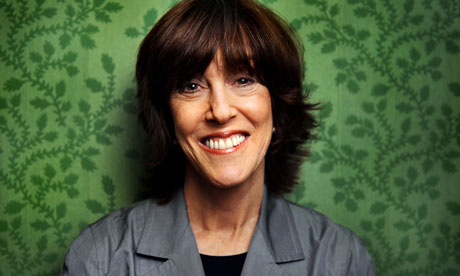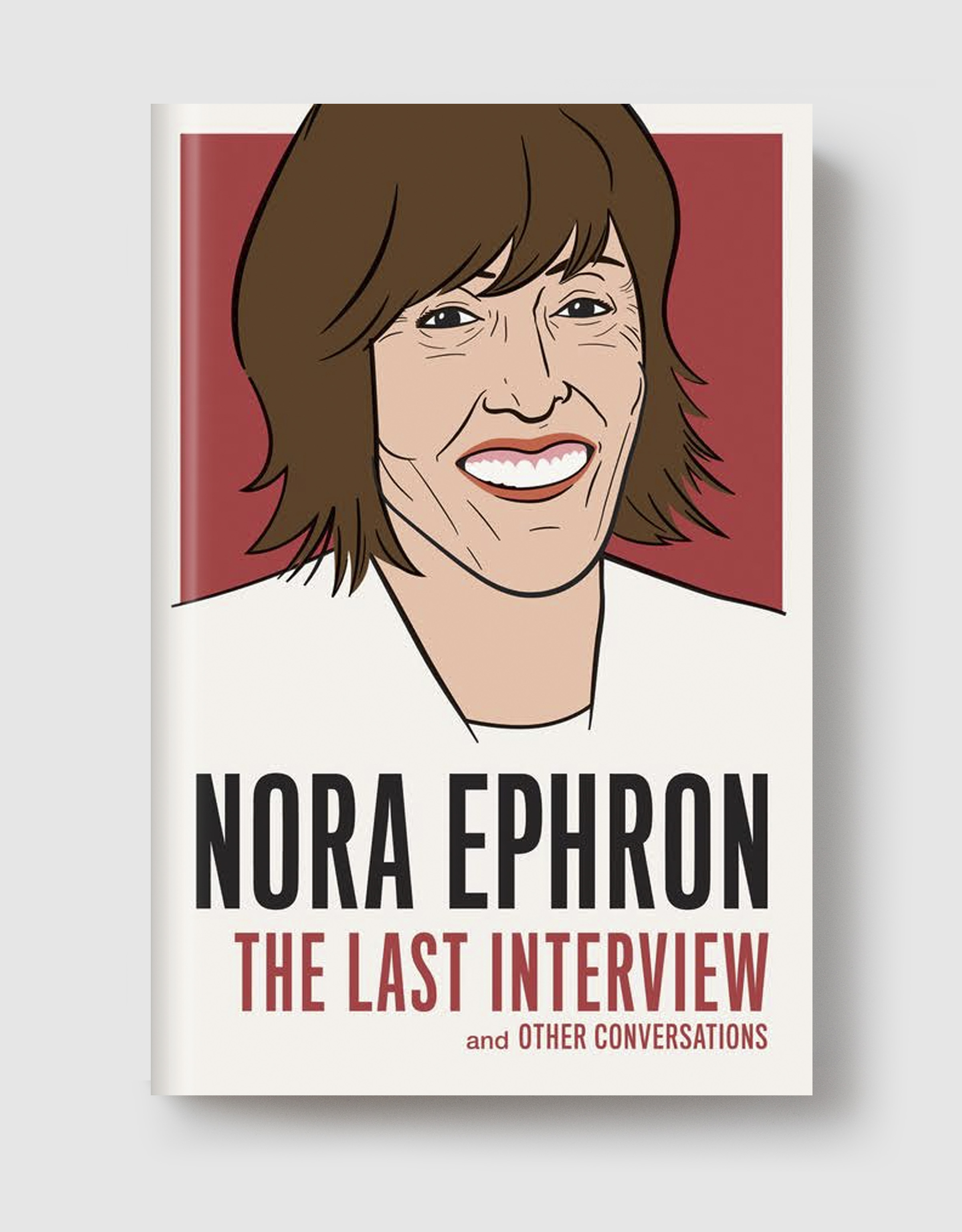

It might also be a few undisturbed hours with a novel I’m in love with, a three-hour lunch with my best friend, reading Goodnight Moon to a child, watching a Nadal-Federer match.ĭelia has a wicked sense of humor - honed, she says, at that Ephron family dinner table. It might be a fleeting moment - drinking a cup of coffee on a Sunday morning when the light is especially bright. To me, having it all - if one wants to define it at all - is the magical time when what you want and what you have match up. You’ll have to read the whole essay to see how Delia gracefully segues from bakeries to the concept of “having it all”, but here’s one of my favorite passages: (And it also made me grateful that I was fortunate enough to see Nora’s last play, Lucky Guy, last year on Broadway.) My favorite essay is called “Bakeries”, and of course, it’s about bakeries - but also about “having it all”. and made me deeply grateful for my own sister. The first essay, “Losing Nora”, made me cry. Amy began writing in her late thirties, and Hallie got started when she was close to 50.ĭelia covers a lot of territory in Sister Mother Husband Dog. Many of the scripts were co-written with Nora.

Delia published an essay, “How to Eat Like a Child”, in the New York Times when she was 32, and her writing career took off from there, including over a dozen books and numerous plays and screenplays. The other three were relatively late bloomers.

Nora, the eldest, was an early success - “published when she was born”, according to Delia. The four girls were groomed to be writers from an early age. Her father would shout, “That’s a great line - write it down!” whenever one of his daughters said anything clever or amusing. In the interview, Delia described the Ephron dinner table. This morning, I listened to Terry Gross interview Delia Ephron about her collection of autobiographical essays, Sister Mother Husband Dog. At dinner, a three-course event that anchored every evening at 6:30 sharp, the competition for airtime was Darwinian.

But in reality, we were more alike than we were different-all bossy and opinionated, witty and articulate, like our mother. And Amy was the adventurous mischief-maker. In an Oprah magazine article, Hallie Ephron says:Īs we got older, we grew comfortable in roles that met our parents’ expectations. Sounds like a novel or movie script, doesn’t it? In fact, the youngest Ephron daughter, Amy, was named after the youngest March daughter in Little Women. Four sisters, brought up in Hollywood by famous screenwriter parents, all grow up to be successful writers.


 0 kommentar(er)
0 kommentar(er)
